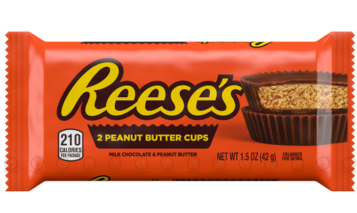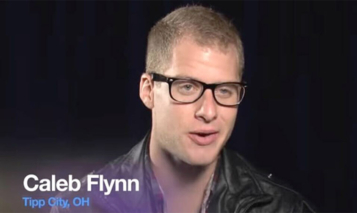
Dr. Conrad Murray, a cardiologist at the center of a police investigation into the sudden death of pop icon Michael Jackson, has hired a Houston attorney to represent him, according to MyFox Houston.
L.A. police are focusing their investigation on Murray who was with Jackson when he went into respiratory and cardiac arrest Thursday.
Police spoke briefly with Murray at Ronald Reagan UCLA Medical Center where the singer was pronounced dead at 2:26pm pst Thursday. But police want to conduct a second, more extensive interview with Murray who vanished from the hospital after Jackson was pronounced.
 Emergency room personnel described a chaotic scene in the ER after Jackson arrived. Sources say Murray yelled, “We’ve got to save him!” and insisted upon continuing resuscitation efforts for more than an hour after Jackson had already died.
Emergency room personnel described a chaotic scene in the ER after Jackson arrived. Sources say Murray yelled, “We’ve got to save him!” and insisted upon continuing resuscitation efforts for more than an hour after Jackson had already died.
There are reports that Murray performed CPR on Jackson for a full 45 minutes before paramedics were called to Jackson’s rented mansion in Holmby Hills, a suburb of Los Angeles. According to a spokesman for the L.A. Fire Dept., Jackson was in full cardiac arrest (no heart rhythm) and was not breathing when paramedics arrived at the scene.
Jackson family members told TMZ.com that Murray gave Jackson an injection of Demerol, a narcotic painkiller, at 11:30 am — an hour before paramedics were called. Family members believe a potent cocktail of narcotic painkillers, including Demerol and OxyContin, caused his death.
Demerol, an opioid similar to morphine and heroin, is normally administered to post-op patients. One side effect of Demerol is suppression of breathing to the point where respirations are no longer adequate to sustain life.
According to transcripts of a 911 call placed from the residence, Murray performed CPR on Jackson while the stricken star lay in bed, as opposed to moving him to the floor which provides a more stable surface for chest compressions. Murray apparently didn’t give Jackson an opioid antagonist, such as Narcan, that would have reversed the effects of a Demerol overdose.
Chances are Jackson would be alive today if he had received a dose of Narcan immediately upon the onset of symptoms such as respiratory distress, dangerously low blood pressure and sedation.
Murray, who is licensed in California, Nevada and Texas, moved in with Jackson about two weeks ago after announcing he was shutting down his private practice to travel to London with Jackson as his personal physician.
A promotor for AEG Live, which booked Jackson to perform 50 concerts over 6 months at the 02 Arena, said Jackson “insisted” that AEG hire Murray as his personal physician, and AEG advanced Jackson “a substantial amount” to pay Murray for his services.
Investigative reporter Diane Dimond, in an interview with CBS, said: “I worked in Hollywood for many years, (for) most of the ’90s, and when the celebrities have a personal doctor, it’s really a prescription writer; it’s really a personal drug supplier.”
Murray, who treated Jackson for three years, has a history of financial trouble and owes hundreds of thousands of dollars in legal judgments against him in 3 states.
According to family and friends, Jackson was a victim of unscrupulous, greedy doctors who supported his prescription drug addiction for most of his adult life.
Jackson family lawyer Brian Oxman said, “I did warn him about the drugs, but I am sorry I didn’t warn him enough. I am going to wait until I get the toxicology report, and if his death has something to do with drugs, I am prepared to name names of doctors who prescribed them.”
And Jackson’s former producer and friend Tarak Ben Ammar told Britain’s The Sun newspaper, “It’s clear to me the criminals in this affair are the doctors who treated him throughout his career – who destroyed his face and gave him medicine to ease his pain.
“He was a hypochondriac and one never really knew if he was sick because he had become surrounded by charlatans who were billing him thousands of dollars’ worth of drugs, [and] vitamins.”





